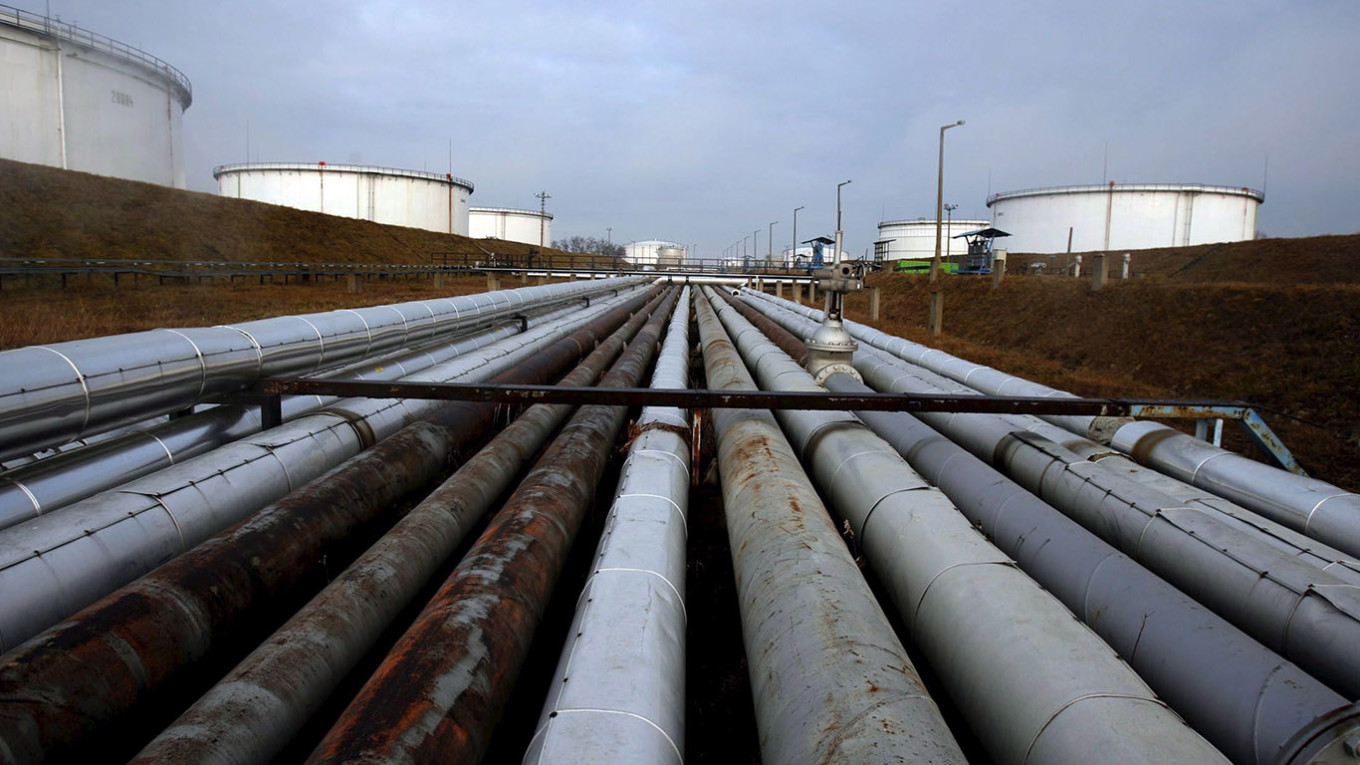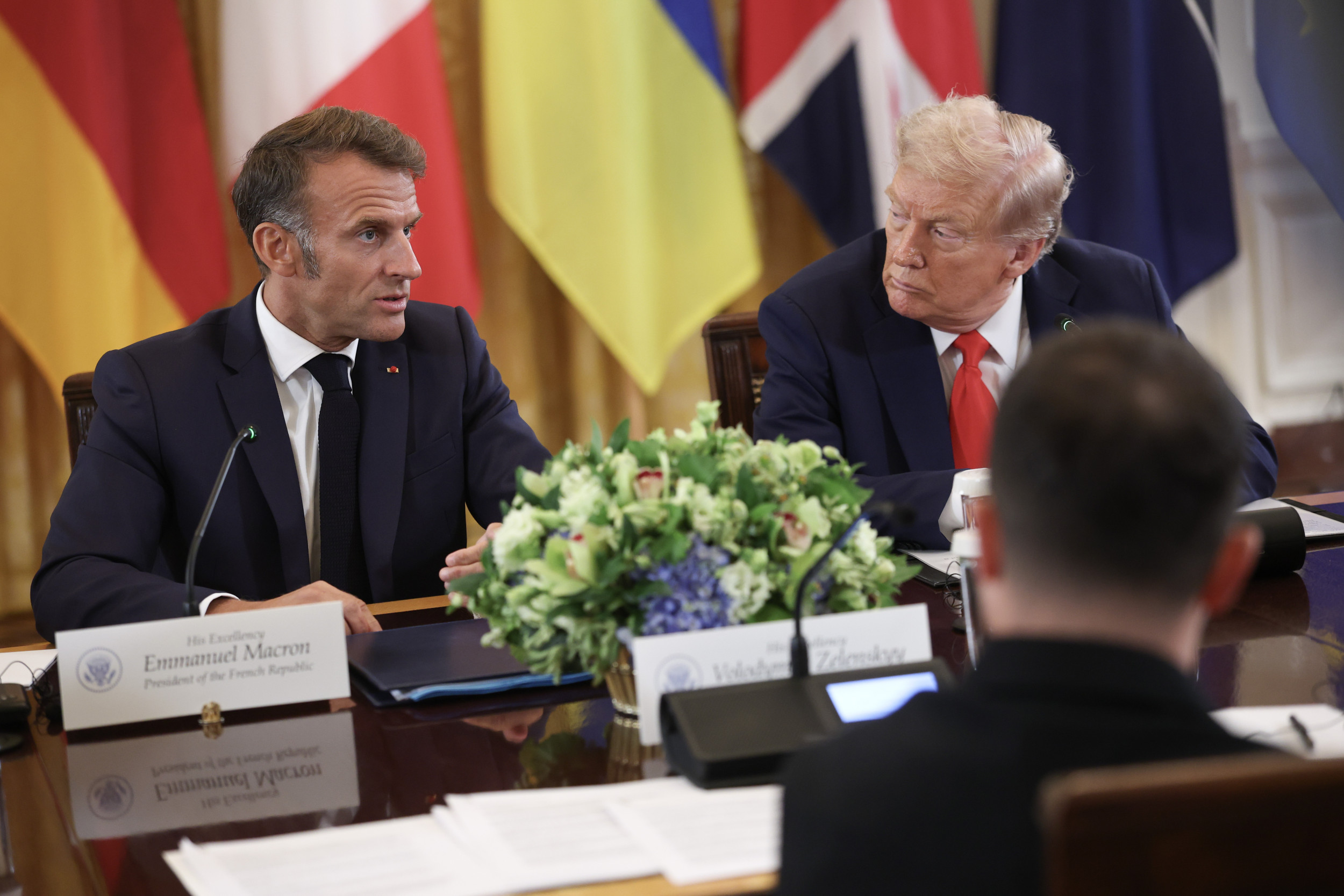Ukraine Will Stop at Nothing Amid Recent Attack on Hungary's Pipeline - Zakharova
https://web.archive.org/web/20250818223244/https://sputnikglobe.com/20250818/ukraine-will-stop-at-nothing-amid-recent-attack-on-hungarys-pipeline---zakharova-1122641758.html
_____
Hungary and Slovakia Say Russian Oil Deliveries Halted After Ukrainian Pipeline Strike

Russian crude oil deliveries to Hungary and Slovakia were suspended on Monday following what Budapest called the second Ukrainian attack on Russia’s Druzhba pipeline in two weeks.
“Ukraine has once again attacked the oil pipeline leading to Hungary, cutting off supplies. This latest strike against our energy security is outrageous and unacceptable,” Hungarian Foreign Minister Peter Szijjarto wrote on X.
He added that Russian officials had told him technicians were working to restore a transformation station critical to the Druzhba pipeline’s operations. Szijjarto cited Russian Deputy Energy Minister Pavel Sorokin as saying it was not yet clear when shipments would resume.
“For 3.5 years, Brussels and Kyiv have tried to drag Hungary into the war in Ukraine. These repeated Ukrainian attacks on our energy supply serve that same purpose,” the foreign minister wrote. “This is not our war. We have nothing to do with it, and as long as we are in charge, Hungary will stay out of it.”
Slovakian pipeline operator Transpetrol later on Monday also said oil supplies to the country had been halted, adding that it did “not have any further information about the reason for the suspension.”
Last Thursday, Szijjarto claimed that Ukrainian drones had struck an oil pumping station on the Druzhba line, disrupting flows. Sorokin at the time had suggested deliveries could resume by Friday.
The European Union banned most Russian oil imports after Moscow’s 2022 invasion of Ukraine, but exempted the Druzhba pipeline, which currently supplies Hungary and Slovakia. The Czech Republic also used to rely on the Russian pipeline, but early this year it ended deliveries after connecting to a separate pipeline in Italy.
https://www.themoscowtimes.com/2025/08/18/hungary-and-slovakia-say-russian-oil-deliveries-halted-after-ukrainian-pipeline-strike-a90261
_____
NATO Ally Issues Warning to Ukraine After Russia Pipeline Strike
Belgium, on December 4, 2024. Omar Havana/Getty Images
What To Know
Ukraine's armed forces last week said they had struck the Unecha oil pumping station in Russia's Bryansk region. The pumping station is located close to the point where the Druzhba pipeline splits into three segments, one of which supplies Russian oil to Hungary.
Szijjártó said Russian Deputy Energy Minister Pavel Sorokin told him they were working to restore supply, but could not give a time frame for this.
"For 3.5 years Brussels and Kyiv have tried to drag Hungary into the war in Ukraine. These repeated Ukrainian attacks on our energy supply serve that same purpose," Szijjártó said on X.
"Let me be clear: this is not our war. We have nothing to do with it, and as long as we are in charge, Hungary will stay out of it. Finally, a reminder to Ukrainian decision-makers: electricity from Hungary plays a vital role in powering your country..."
What People Are Saying
Ukrainian Foreign Minister Andrii Sybiha replied to Szijjártó on X: "Peter, it is Russia, not Ukraine, who began this war and refuses to end it. Hungary has been told for years that Moscow is an unreliable partner. Despite this, Hungary has made every effort to maintain its reliance on Russia. Even after the full-scale war began. You can now send your complaints—and threats—to your friends in Moscow."
What Happens Next
Ukrainian President Volodymyr Zelensky is heading to Washington, D.C., on Monday, August 18, for a White House meeting with Trump and European leaders. They will discuss a peace settlement and Russian demands following the meeting between Trump and Putin in Anchorage on Friday.
Updated, 8/18/25, 6:47 a.m. ET: This article was updated with further information.
https://www.newsweek.com/hungary-ukraine-russia-oil-pipeline-attack-nato-2114872
end



Ei kommentteja:
Lähetä kommentti
You are welcome to show your opinion here!